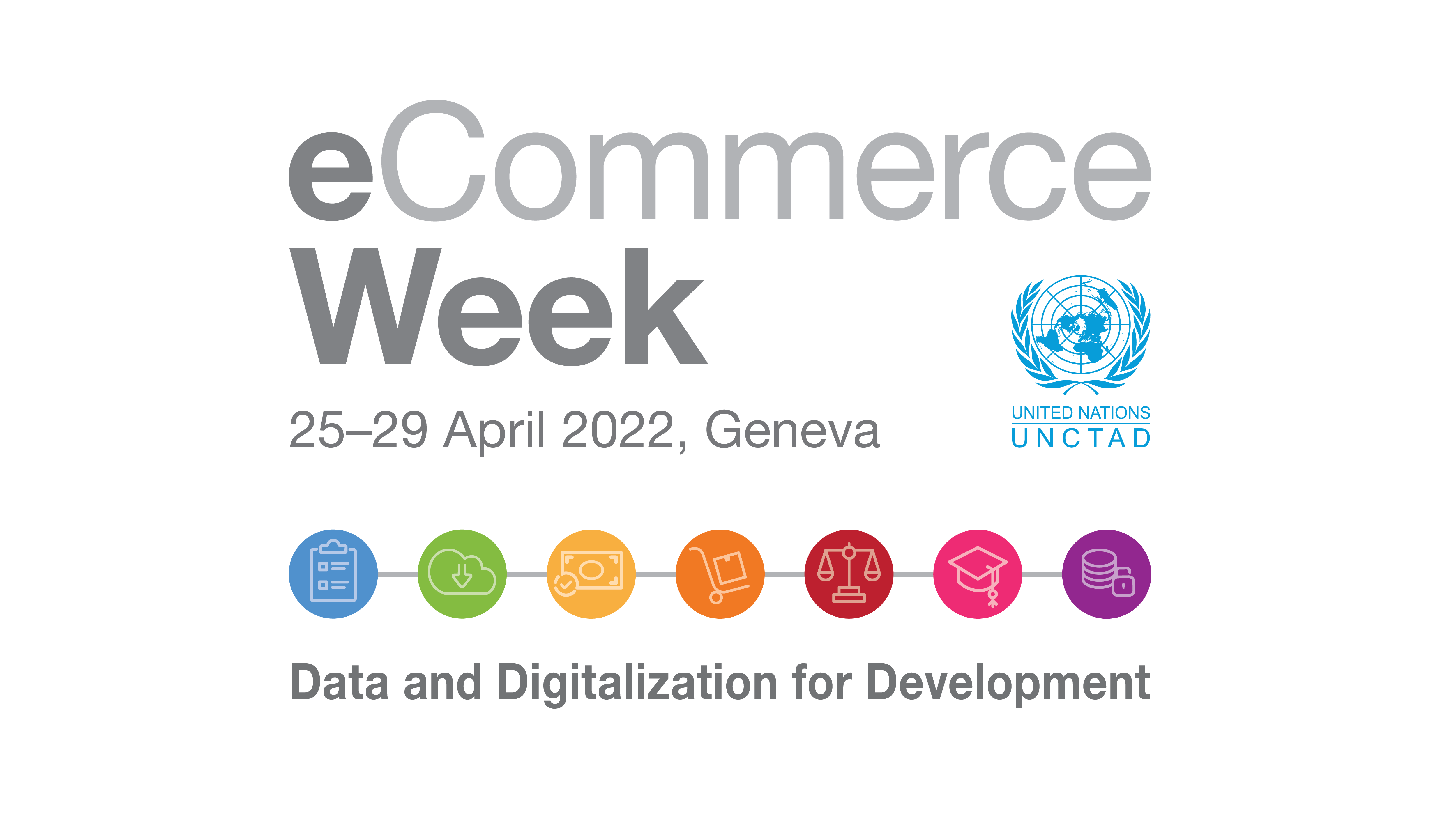Innovative data governance mechanisms for development 4.0: Challenges and opportunities
26 Apr 2022 15:00h - 16:00h
Event report
Data access and sharing are crucial for accelerating the uptake of emerging technologies such as artificial intelligence (AI), the internet of things, and blockchain. The session focused on the challenges faced by low and middle income countries to access relevant data. According to the moderator of the session, Ms Miriam Stankovich (Senior Digital Policy Specialist, DAI), there is a need to support open and shared data sets, innovative data sharing mechanisms, and multistakeholder collaboration. Access to data that is easy to retrieve, reliable, and interoperable is a challenge, particularly in developing countries.
Ms Aminata Garba (Senior Technology Coordinator, ITU) focused on access to big data and to the use of AI to enhance development. She made reference to the Government AI Readiness Index, which shows that middle and low income countries rank low in terms of AI readiness. There is a need for building capacity, infrastructure, and policy frameworks in order to be able to use AI and big data for development, said Garba. Low and middle income countries still face significant challenges, such as lack of infrastructure, telecommunication services, cloud computing services, data centers, and reliable energy. Adequate and reliable infrastructures are preconditions for the availability and use of big data and AI for development. In addition, data needs to be updated, available in adequate formats, and interoperable.
The importance of interoperability was also raised by Mr Marco Kamiya (Chief, Innovation and Digitalization Division, UNIDO). He also mentioned the importance of data to guide informed decisions, to increase efficiency and countries’ capabilities. Unfortunately, data is not always available, interoperable or protected, as the rampant cases of cyberattacks show, he affirmed. Mr Mikael Baker (Senior ICT Advisor, United States of America) explained that the USAID digital strategy 2020 aims to strengthen the openness and security of the country’s digital ecosystem. Under the strategy, there is a data governance initiative. The initiative was initially focused on data protection, but got expanded to deal with data governance more broadly. USAID is developing a primer on data governance that will introduce alternative data governance mechanisms, such data trusts, cooperatives, fiduciaries, and sandboxes. Each of these mechanisms has particular use cases. Not every model will work in every country. For models to work, trust and consent are the key mechanisms.
Data is not a linear concept, but a tridimensional one, affirmed Mr David Satola (Lead Counsel, World Bank). Accordingly, data can be personal or non-personal, public or private, used for domestic purposes or shared across borders. Each of these different dimensions of data will require different legal enablers and safeguards. In this complex scenario, trust is the key concept for the development of a ‘social contract’ about data. Trust is also one of the unablers to unleash the potential of data, according to the World Development Report 2021: Data for Better Lives, published by the World Bank. Satola reminded that there are great differences and inequality among countries taking part in the digital economy. It is important to create opportunities for middle and low income countries to influence the rules that will govern data, ensuring that such countries do not become new digital colonies. Capacity building and concerted multistakeholder efforts are paramount. Baker agreed with the importance of multistakeholder involvement. In the absence of inclusive dialogue, policies have less buy-in and are less well-rounded due to the exclusion of key voices.
Although speakers agreed with the importance of data protection norms, Satola and Baker also raised concern with the proliferation of adequacy regimes created by laws on data protection, because they create a potential for ambiguity that puts a break on trade, and the burden is disproportionally high in low and middle income countries. Kamiya called for better harmonisation of norms. There is currently low understanding of data privacy and security, and normative inconsistency. There are no clear standards for issues such as cloud computing and no clear guidance on topics such as data localisation.
Data governance has been elevated as an important topic in the context of digital transformation. In this context, public and private partnerships and cross-sector collaboration on the discussion of this issue is key to foster data justice and bring the benefits of data for all, concluded Stankovich.
By Marilia Maciel
Event desciption
Related topics
Related event

